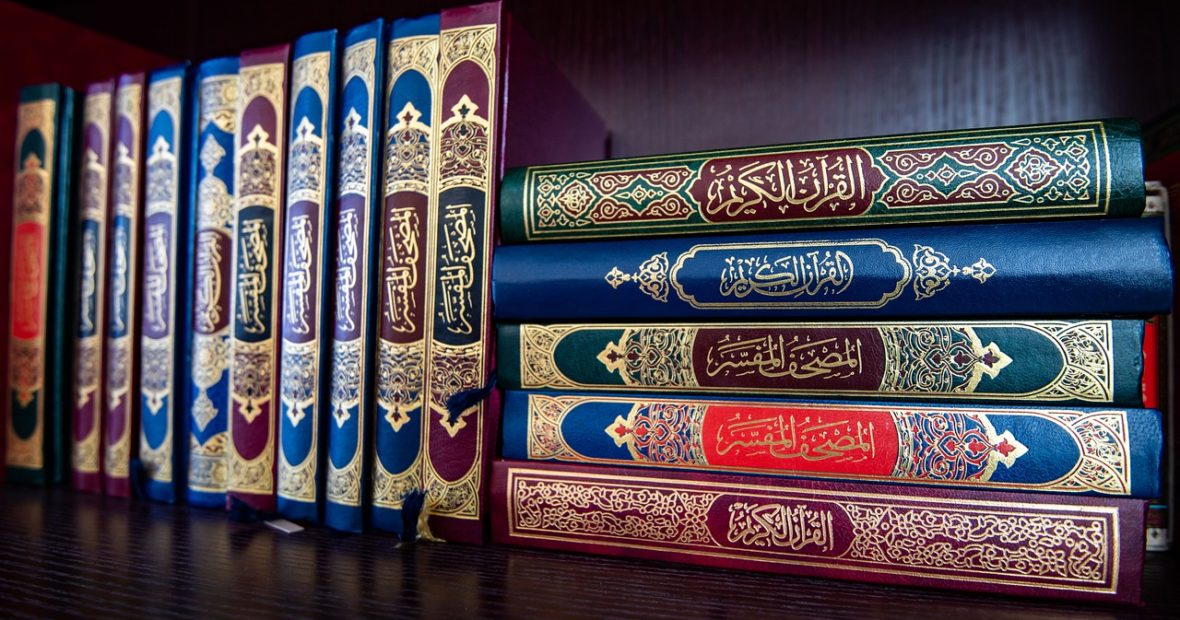In an article published in the International Review of the Red Cross (June 2005, 858), Jamal Krafess looks into the influence of Islam in Humanitarian Aid. He concludes that “The study of Quranic and hadith texts gives a clear idea of the intensity of the force with which the Muslim religion has stimulated humanitarian action. This is both a ritual and an obligation.
When a Muslim undertakes a humanitarian action he does so primarily as an act of worship, to be nearer to God. He expects a reward in this life or in the hereafter. He cannot declare himself a believer if he does not come to the aid of his fellow men. In his eyes piety is indissociable from pity. He knows that he can be prosecuted if he does not fulfil his obligation to the poor and the victims of disaster. He firmly believes that making a donation to help the needy erases his sins and will serve as an intercession in his favour to avoid the punishment of the grave, the tests on the Day of Judgement and the flames of hell.
The mechanisms put into place by the religion (e.g. zakat, waqf, kaffara) have an unequalled impact on the lives of the population in terms, inter alia, of significant support for the most vulnerable. The diversity of the texts motivating humanitarian work has had the effect of encouraging a proliferation of actions in various domains: food aid, expansion of the educational system and health care, water supplies, and the freeing of slaves. The majority of texts do not exclude non-Muslims from receiving aid.
Humanitarian actions should be performed independent of all religious, racial or political criteria. The close link between humanitarian action and religious practice guarantees wide public adherence and the perpetuity of donations and resources thanks to various religious incitements.”

